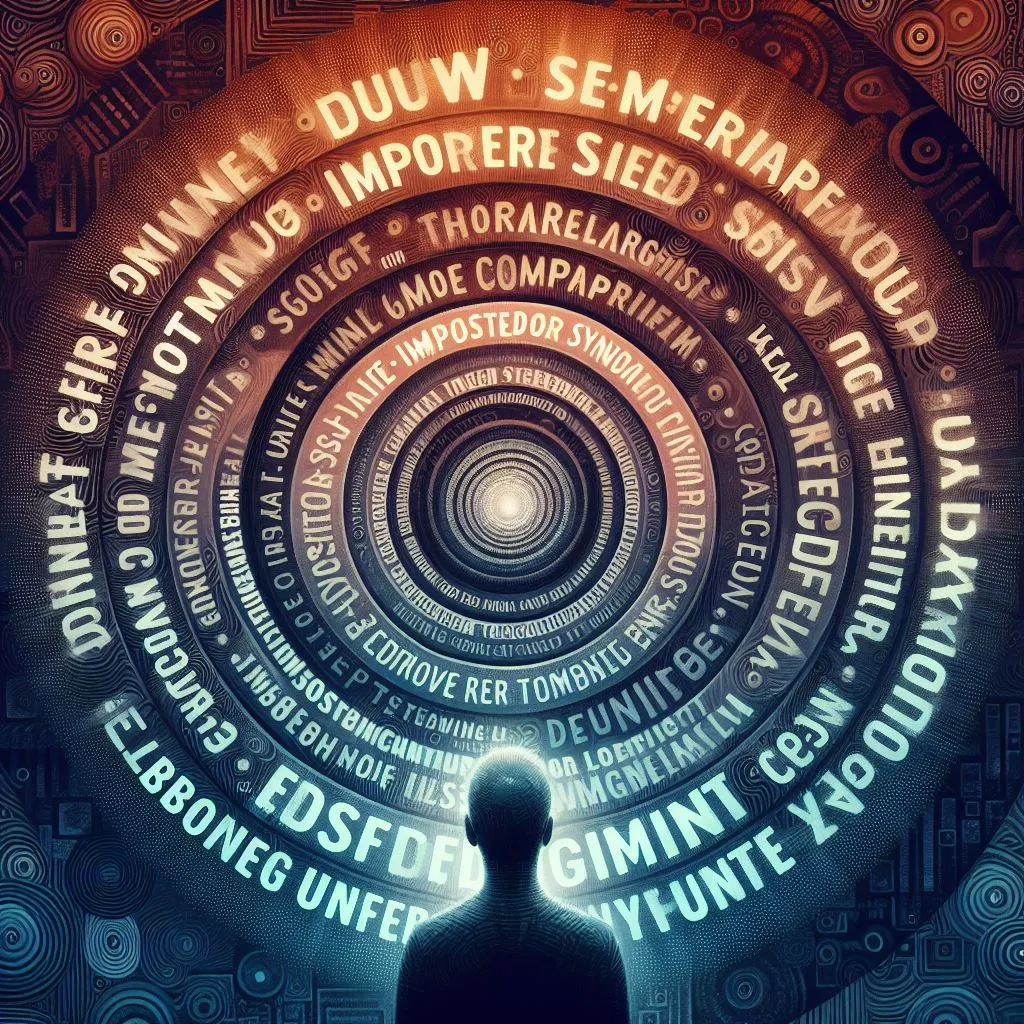we’re diving into the world of low self-esteem and self-identity in this article. We’re keeping it real simple and easy to understand, breaking down what these terms really mean. From understanding the feeling of not being good enough to exploring how we see ourselves, this article’s got you covered. So, if you’re curious about self-esteem and self-identity, dive in and get the lowdown! 🧠🤔
[blockquote align=”none” author=” “]We’ve all had those moments when our inner critic seems to be shouting louder than our inner cheerleader. Those times where we’re filled with doubts about ourselves and feel unsure how to move forward positively.[/blockquote]
Defining exactly what’s happening in our minds during such experiences can be an important first step to gaining perspective and empowering the parts of us that support healthy self-worth.
Let’s take a look at how psychologists describe two key concepts – self-esteem and identity – that deeply influence our outlook and interactions.
What Is Self Esteem
Self-esteem refers to our overall subjective emotional evaluation of our own worth. It encompasses both our competence in important life domains as well as our sense of lovability and likability as a person. Psychologists generally differentiate between two types of self-esteem:
What is self-identity?
Our core identity refers to the stable sense of who we are that remains consistent across time and social contexts. It involves the traits, social roles, values and personal narratives that make up our individual essence.
I already discuss in details check now!
Relationship Between Self-Esteem and Identity
As we’ve discussed, how we view ourselves and feel about our abilities is deeply tied to having a clear sense of who we are at our core. Let’s take a deeper look at the relationship between these two important factors of well-being according to some insightful researchers:
Self-Identity Formation Lays the Groundwork for Self-Esteem
Erik Erikson, the influential psychologist who proposed identity vs role confusion as a key stage in human development, argued that establishing a coherent identity provides an internal foundation necessary for gaining self-esteem (Erikson, 1994). Without clarity on our unique traits and values, it’s difficult to feel confident and worthy.
Cooley and Mead expanded on this, suggesting our core identities first form in part through imagining how we appear to significant others (Cooley, 1922). This “looking glass self” process influences developing self-perceptions that shape ongoing self-esteem.
Self-Esteem also Impacts Identity
However, the relationship works both ways according to later theorists. Markus and Nurius proposed that our possible future selves are influenced by current self-views – so low self-esteem during identity formation can disrupt this process (Markus & Nurius, 1986).
Low self-regard introduces doubts that limit exploration of new identity domains and roles, decreasing opportunities to find and express our authentic selves.
Here’s the table based on the given text:
| Self-Esteem Levels | Impact on Self-Identity |
|---|---|
| High Self-Esteem | Clearly defined identity; able to explore new roles and perspectives without fear of rejection. Strong internal anchor provides resilience against external threats. |
| Moderate Self-Esteem | Mostly stable identity with some aspects still developing. Open to new experiences but also some self-doubt. Balance of internal and external influences. |
| Low Self-Esteem | Weak, fragmented identity due to excessive reliance on others for definition. Difficulty with identity achievement due to self-criticism and social anxiety. Easily influenced by perceived failures or rejections. |
Low Self Esteem And Self Identity
Confidence – Having a strong sense of who you are gives you confidence to try new things without fear of failure or rejection. You know your worth isn’t defined by any one outcome.
Resilience – When your identity is anchored from within, it helps bounce back from tough times since you don’t rely solely on external factors for self-worth.
Growth – Low self-esteem can hold you back from exploring fully as yourself. But feeling good in your own skin opens doors to learn more about who you are through new experiences.
Connections – Others can sense your comfort in your identity from a mile away. It helps you put your best self forward in relationships without doubting how much you have to offer.
Purpose – A clear sense of self allows your talents and interests to shine through so you can find fulfilling ways to contribute value and feel proud of who you are.
High Self Esteem And Self Identity
Having a strong sense of self-esteem provides a solid foundation for developing a clear identity. When you truly believe in your own worth, you’re not afraid to try new things or roles without worrying what others might think. You can discover who you are authentically, rather than basing it all on outside approval. With high self-esteem, your identity stays steady so you feel confident in yourself no matter what. It’s like having an unshakeable anchor inside no waves can disturb.
References
- Erikson, E. H. (1968). Identity: Youth in crisis. New York: WW Norton & Co.
- Markus, H., & Nurius, P. (1986). Possible selves. American psychologist, 41(9), 954–969. https://doi.org/10.1037/0003-066X.41.9.954
- Harter, S. (1999). The construction of the self: A developmental perspective. Guilford Press.
- Brockner, J. (1988). Self-esteem at work: Research, theory, and practice. Lexington, MA: Lexington Books. Relationship Between Self Esteem And Self Identity




hi!,I like your writing so much! percentage we keep in touch more about your
article on AOL? I require an expert on this space to
solve my problem. Maybe that’s you! Looking ahead to
see you.
Thank you for your kind words about my writing! feel free to reach out. I’ll do my best to provide helpful insights or guidance. Contact Us Through Email.
saadsahb4567@gmail.com
Looking forward to hearing from you!”